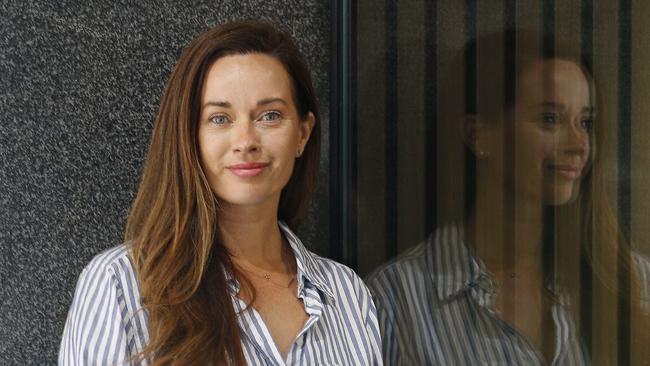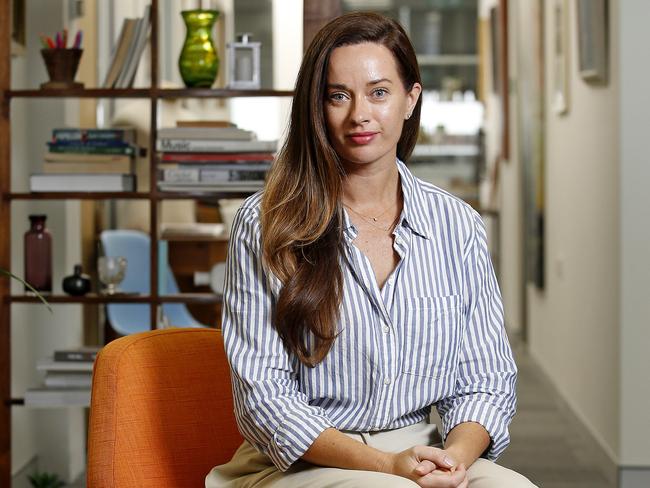Let Them Be Kids: Young Aussies’ eating disorders fuelled by social media, poll shows
Experts have revealed how social media is contributing to an increasing number of kids and adolescents struggling with life threatening conditions such as anorexia.

Social
Don't miss out on the headlines from Social. Followed categories will be added to My News.
Exclusive: Eating disorders among Australians as young as eight are being fuelled by social media.
A poll of more than 700 frontline workers, including clinicians and carers, working with people with eating disorders found every single one blamed social media for its detrimental impact on their clients.
And almost nine out of 10 would like to see the age of when children are allowed to be on social media apps, like Instagram, Snapchat and TikTok, raised from 13 to 16.
The results are a damning indictment on how social media is contributing to increasing numbers of kids and adolescents struggling with life threatening conditions such as anorexia.
The results come from Australia and New Zealand Academy for Eating Disorders (ANZAED) who polled 730 members, including psychologists, dietitians, researchers and frontline carers.

ANZAED CEO Jade Gooding said 100 per cent of those surveyed blamed the “tremendous impact of social media on body image and eating disorders”.
“We are seeing children as young as eight,” Ms Gooding said.
“These kids are getting young and younger. Many of them are on YouTube seeing things like beauty advice and being fed the perception of the thin body ideal.
“The content is often being made by other young people, who are not qualified, and are promoting really damaging trends.”
She said some content promotes surgery in young people, while many videos are made using AI or filters.
And a major part of someone’s recovery from eating disorders now involves analysing their social media use.
“Part of the therapeutic process is understanding a client’s social media engagement and how it impacts their eating disorder,” Ms Gooding said.
“It forms a really critical part of their therapeutic process.”
She said other research shows people with disordered eating receive 200 per cent more pro-eating disorder content than those who do not have a problem.
Ms Gooding called for a multi-pronged response to the problem, including making social media platforms more accountable for their content, better educating children and young people around what content is real or fake, and more support for teachers and parents.
The results will be discussed in detail by Senior Research Fellow in Psychology at Flinders University Dr Simon Wilksch at a Social Media Summit in Adelaide on Friday.
The summit, a joint initiative of the NSW and SA governments, will discuss social media harms. Thursday’s event was held in Sydney.
Both the SA and NSW Premiers have been united on their concerns about the impact of social media on young people.
Father-of-five Dany Elachi, co-founder of The Heads Up Alliance, which is a movement encouraging parents to resist giving their kids smartphones until they are older, said parents were on the frontline at home and wanted politicians to listen and support their wishes for action.
He said NSW Premier Chris Minns had told him banning mobile phones in public schools had been the best thing his “government had ever done”.





